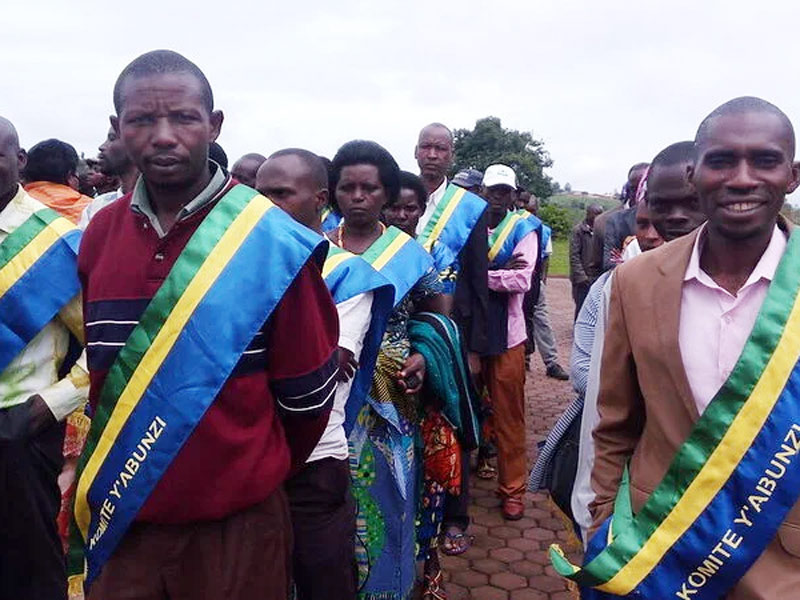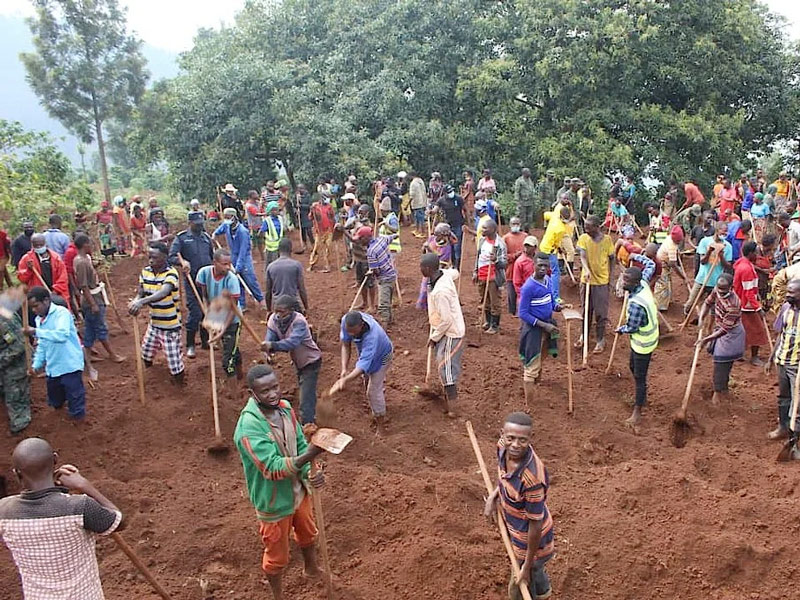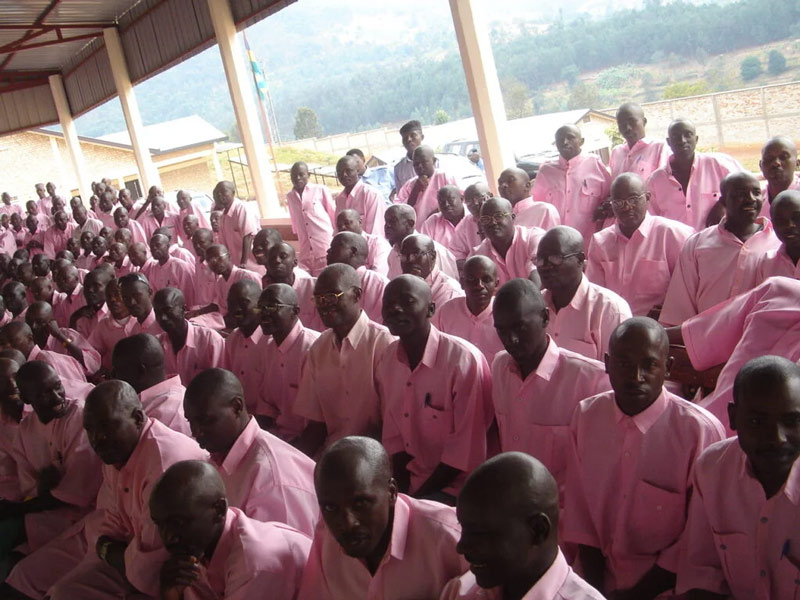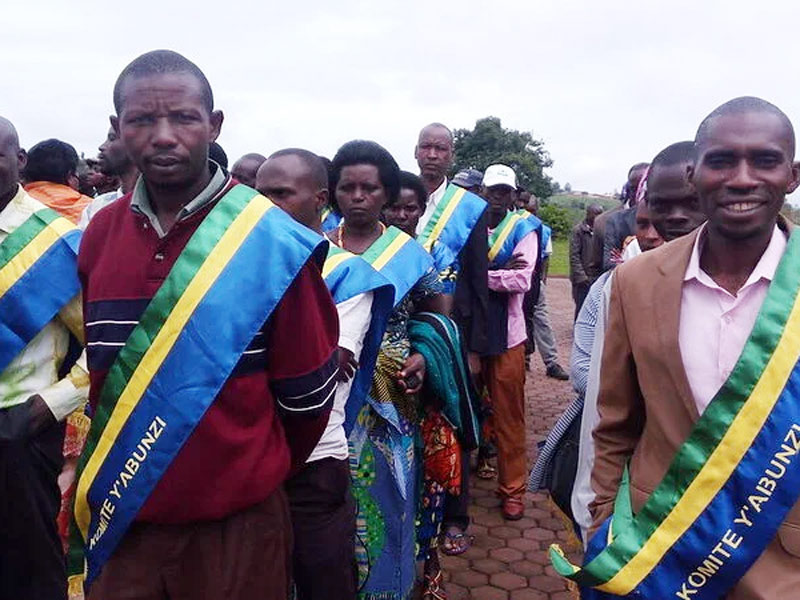In Rwanda, traditions are playing a key role in rebuilding the nation three decades after the genocide. Local customs like the community courts known as “Gacaca” and the initiative “Umuganda” are proving to be essential in shaping Rwanda’s future, with lessons that extend beyond its borders.

Back in 1994, Rwanda faced immense challenges after the genocide against the Tutsis. The justice system struggled to handle the enormity of the crimes, leading the country to seek new ways to bring justice and reconciliation to its people.
Enter the Gacaca courts, named after the word for “grass” in Kinyarwanda. These courts, drawing inspiration from Rwanda’s traditional justice systems, were established in 2001. They managed over a million genocide-related cases, achieving a conviction rate of 65%. Led by ordinary citizens and guided by traditional conflict resolution principles, Gacaca provided a unique blend of justice and reconciliation.

Aimable Havugiyaremye, Rwanda’s Attorney General, highlights the significance of these courts. Not only did they serve as a means to prosecute those responsible for the genocide, but they also tapped into Rwanda’s cultural heritage to mend the country’s wounds.
But the Gacaca courts weren’t the only innovation. The “Abunzi,” community mediators introduced in 2004, have been vital in resolving disputes within communities, especially regarding land issues post-genocide. With around 30,000 mediators nationwide, Rwanda has shown its commitment to community-based justice.
According to a report by the Rwanda Initiative for Sustainable Development, the Abunzi have earned public trust for their role in resolving land disputes since 1994. Minister of Justice Dr. Emmanuel Ugirashebuja underscores the importance of these community-driven approaches in restoring Rwanda’s social fabric.
Rwanda’s efforts haven’t gone unnoticed. The country received the Commonwealth Award for Access to Justice for its successful use of local solutions in promoting justice and reconciliation.

Rwandan jurists suggest that other African nations could learn from Rwanda’s experience with participatory justice. By embracing local traditions, Rwanda has shown how to rebuild a nation from the ground up.
But it’s not just about justice; it’s also about community development. The Umuganda initiative, meaning “coming together for a common purpose,” requires every citizen to participate in monthly community work. From building schools to protecting the environment, Umuganda reflects Rwanda’s collective commitment to societal well-being.
Jean Claude Musabyimana, Rwandan Minister of Local Administration, praises Umuganda as a model for community development.
Rwanda’s journey teaches us the power of culture in rebuilding a nation. By tapping into its traditions and involving its people, Rwanda charts a path towards healing and sustainable progress.


